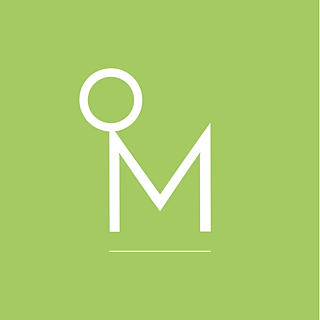Heart Intelligence
- Rosie Lux
- Nov 24, 2021
- 2 min read
Since our human ancestors first began etching their histories on cave walls, the heart has appeared as a symbol to represent health, wisdom and intuition, guidance and higher intelligence.
The ancient Egyptians referred to the heart as ieb, believed the heart, rather than the brain was the centre of life and the source of human wisdom. The Mesopotamians and the Greeks both thought of the heart as the centre of the soul.
These ancient civilisations were right, so what happened. How did we lose our way? We’ve constructed a society that’s out of balance the heart becomes so sick, it’s the cause of a quarter of deaths in the UK (I assume pre covid pandemic).
It seems like the shift happened form the 17th Century, during the early years of the scientific revolution. The French philosopher René Descartes argued that mind and body were two radically distinct substances. And it was through this mechanistic view of the universe, people began to view the heart as an extraordinary machine. The mechanism of the heart as a physical pump began to overshadow its nature as humanity’s connection to innate intelligence.
Scientific enquiry accidently marginalised the heart as our connection to feelings, emotions and our highest self… Until recently when modern science (1991 to be precise, and J. Andrew Armour’s pioneering work) showed that the heart literally has a mind of its own. The heart has 40,000 neurons and a nervous system that functions independently of the brain.
The heart, far from being a pump is a sensory organ that guides our decision making abilities as well as our belief about our self and the world. Without a doubt it’s a challenge to maintain mental and emotional equilibrium in today’s fast paced world.

The flow of awareness and insight that we experience when the mind and emotions are brought into balance and coherence is self initiated. If you want it, yoga is a space for you to have an experience that reconnects you to your innate intelligence, intuitive knowing that’s beneficial to you and others.





Comments